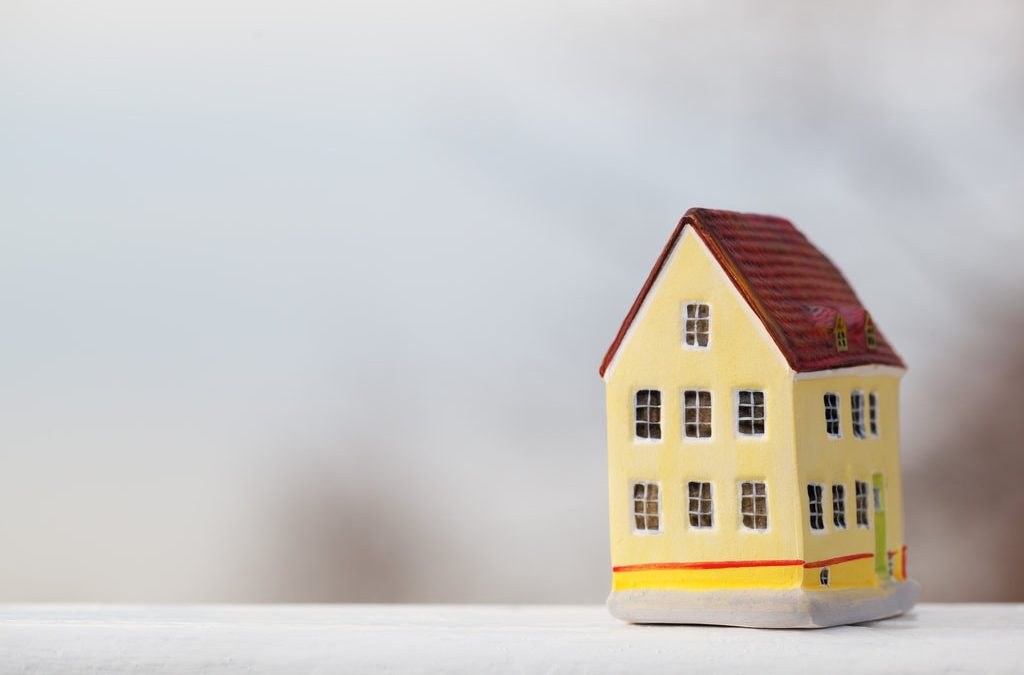

These articles were posted by the Canada Mortgage and Housing Corporation (CMHC). They provide research and resources for mortgage and housing related topics and offer advice and tips for consumers.
This is a 5 article series on the process of becoming a home owner. All articles and media were taken from the CMHC website.
Step 5 - Now that you're a homeowner.
You can make your mortgage payments monthly, biweekly or weekly. But, whichever timetable you’ve chosen, it’s important to always make payments on time. Making late payments is called delinquency. Delinquency may result in late charges and negatively affect your credit rating. Failing to make payments can even lead to very serious consequences, like foreclosure.
A good way to prevent late payments is to have the amount automatically deducted from your account every month. It’s also recommended that you keep at least three months’ worth of mortgage payments in savings for emergency situations. If you are having trouble making payments, discuss the situation with your lender.
Besides your mortgage, property taxes and insurance, operating a home has many other ongoing costs. Maintenance and repair costs are at the top of the list. There may be other costs as well, for example a security alarm, snow removal, or gardening. If you have a condominium or strata, some of these expenses may be included as part of your monthly maintenance fee.
Even when you can do repairs yourself, there are costs. When you have to pay for repairs, the costs are higher. As your home ages, it will need major repairs or replacement — this happens to every building. For example, when you bought your home, you might already know that the roof will need to be replaced in a few years because of its age. These are expected repairs and can be planned for. However, many repairs are unexpected, and can sometimes be costly.
Set aside an emergency fund to deal with unexpected problems ranging from major repairs to illness and job loss. A good guideline is to save 5% of your take-home pay, and to keep the money in a special account.
Prepare a monthly budget and stick to it. Take a few minutes every month to check your spending and see if you are meeting your financial goals. If you spend more than you earn, you must find new ways to save. If you are having trouble sticking to your budget, ask a professional money manager for help.
If you haven’t already reviewed your budget, now is the perfect time. Use the helpful CMHC worksheet Household Budget as Homeowner.
Maintenance, repair, and renovations are a normal part of homeownership. You will need to know about your home’s basic components, and know the actions you will need to take to adjust these systems or turn them off in case of emergency.
You’ll need to inspect your home regularly and replace, or repair, parts and materials that wear out. And of course, since Canadian seasons can be so extreme, you’ll need to do many maintenance tasks on a seasonal basis.
Do you have a fire evacuation plan? A plan means that you make sure everyone in your home knows how to get out from each room, in case of a fire. If your home has a second floor, you need a special escape plan to get to the ground. Check to see that windows have not been painted shut. Although doors and windows should always be securely locked, you have to be able to open them in an emergency.
Fire extinguishers must always be easy to reach. If you have a two-storey home, there should be a fire extinguisher on each floor. Remember to check your fire extinguishers at least once a year. To help you remember, make a habit of doing it when you set your clocks to Daylight Saving Time. Replace a fire extinguisher that is 10 years or older.
In some areas, it is a legal requirement to have smoke alarms in your home. Whether or not it is a legal requirement, having smoke alarms is an excellent precaution. Check smoke alarm batteries at least once a year.
Carbon monoxide is an invisible, odourless, poisonous gas. Carbon monoxide detectors are important to have. They will let you know if there are high levels of carbon monoxide in your home. This can save you from illness, or even death. Check them at least once a year. Make a habit of checking your fire extinguishers, smoke and carbon monoxide detectors all at the same time.
Paper, paint, chemicals and other clutter can be a fire hazard. Make sure these are stored in a safe place. When you no longer need hazardous materials, you must dispose of them at a community toxic waste center. Never put hazardous materials into the garbage.
Collect your important papers and store them in a safe place — for example, a fireproof box, or a safety deposit box.
Keep a list of emergency phone numbers (including 911, poison prevention line, doctors, relatives, neighbours and friends) close to the phone. Make sure your children are aware of the list.